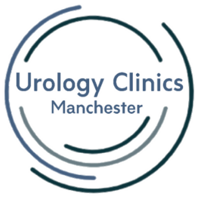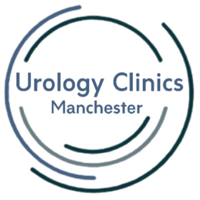Penile infections are common and penis health involves more than just erections. Think of penile health being just as important as your general health.
Penis problems can be a sign of an underlying health condition. Ongoing health issues affecting your penis also can impact other areas of your life causing low self-confidence, stress and relationship problems.
How do you know if you have a penile infection?
You might have some or all of the following symptoms:
- Pain
- Swelling
- Redness
- Swelling
- Itching
- Discharge in the tip of your penis
- White, shiny skin on your penis
- An unpleasant smell
There are different types of penile infections and symptoms that can affect your penis.
Balanitis
Balanitis happens when the head of your penis becomes irritated and inflamed. You’re more likely to develop it if you aren’t circumcised.
Symptoms include:
- foreskin tightness
- foreskin swelling and redness
- sensitive, painful genital skin
- unusual discharge from your penis head
- pain or itching around your genital area
Yeast
It tends to start as a red rash, but you may also notice white, shiny patches on the skin of your penis.
Other symptoms of a penile yeast infection include:
- a chunky, cottage cheese-like substance beneath the foreskin or other skin folds
- unusually moist penis skin
- itchiness
- a burning sensation in the skin of your penis
Bacterial
Signs and symptoms of a bacterial infection may include:
- Moist skin on the penis, possibly with areas of a thick, white substance collecting in skin folds
- Areas of shiny, white skin on the penis
- Redness, itching, or a burning sensation on the penis
Treatment for penile infections will vary depending on what the symptoms are but they can be treated. They must not be left untreated as this can cause further issues down the line.
If you would like to speak to our team about penile infections or penile health, please call us on 0161 327 1269 or email us at info@urologyclinics.co.uk.
This article is intended to inform and give insight but not treat, diagnose or replace the advice of a doctor. Always seek medical advice with any questions regarding a medical condition.





0 Comments